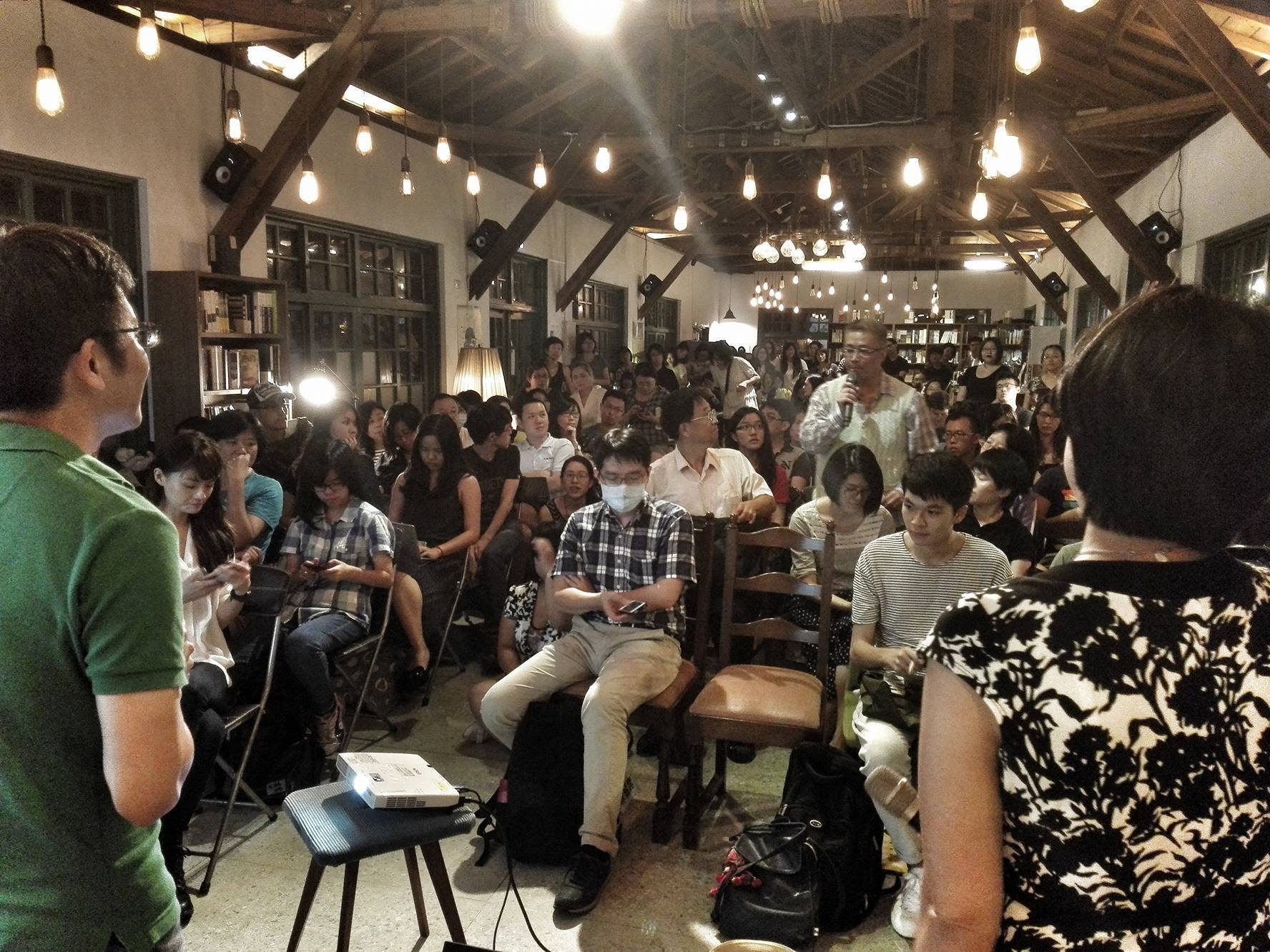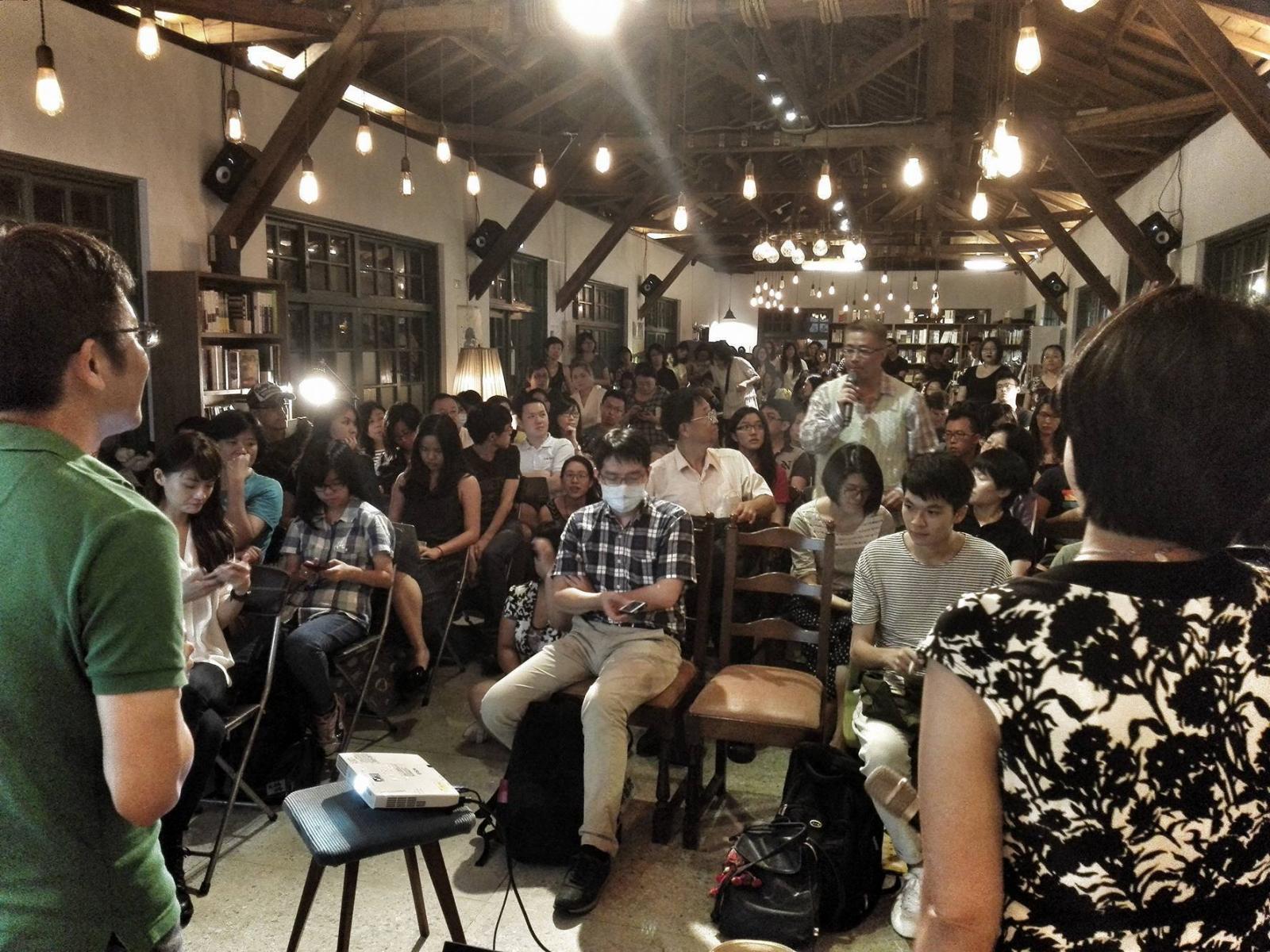Vietnam: Remaking Taiwan’s Reputation
Vietnam’s situation is similar to Thailand’s to a certain extent. Vietnamese readers show significant interest in Sinophone culture, and their country’s complex history with China has motivated the development of a sizable group of Chinese speakers. Books in translation also hold a prominent share of the Vietnamese market, within which books from the Chinese market have been gradually catching up to Anglo-European translations in terms of popularity. Unfortunately, Taiwanese books can claim even less visibility here than in Thailand.
Also at the 2015 Frankfurt Book Fair, I had the chance to meet with editors from Nha Nam, a major Vietnamese publishing house. They expressed the wish to know more about Taiwanese books, in the hopes that Taiwanese titles might add an innovative edge to the Chinese-language titles they offer; most Vietnamese readers know of no Taiwanese authors beyond Giddens Ko.
While Nha Nam expressed positive interest in Taiwanese literature, for most Vietnamese readers, Taiwan is a place both familiar and strange. It is frequently a source for negative news – Vietnamese girls who faced abuse after marrying Taiwanese men, Vietnamese laborers being cheated in Taiwan, arrogant Taiwanese factory owners, or Taiwanese companies in Vietnam causing water pollution so bad it resulted in major protests. Sometimes I wonder how much interest there could still be in Taiwan by now.
Gidden Ko’s popularity in Vietnam was significantly buoyed by the adaptation of his story into the movie You’re the Apple of My Eye. His tales of adolescent love and lost were easily accessible to general readers, with Gidden’s unique authorial voice adding an extra aspect of freshness. I can say with confidence that Gidden’s work was able to catch Vietnamese readers’ attention because his popularity in the Chinese-language market motivated production of the movie, and because he told tales that resonate with readers’ commonplace experiences. His Taiwanese identity was no more than a line on his résumé.
Sometimes, well-intentioned friends at Thai or Vietnamese publishing houses will make promotion suggestions based on their own understanding of Taiwanese books; they’d love to know about new Taiwanese titles on business management, the business memoirs of influential Taiwanese entrepreneurs, or books on new trends in the Asian economy. Of course, it would be ideal if those entrepreneurs were heads of famous international businesses, and their memoirs could be useful to young people, and if books on economic trends focused on development, trade deals, or economic integration. In short, these editors’ suggestions are founded on the belief that Taiwanese people really know how to make money.
While we can’t claim that their understanding of Taiwan is inaccurate, it is true that structural problems in Taiwanese society have pushed the business management genre down a path different from what they might expect. In Taiwan, domestic bestsellers in business management tend to focus on stocks and investment strategy, while the renown of most successful businessmen is usually limited to the island. Most titles don’t say much about practically successful business methods, while books on management and economic trends tend to be translations from English or Japanese.
Familiar Strangers
The most profound impression left on me by the abovementioned meetings was that for neighbor nations who interact on a regular basis, we know comparatively little about each other. From this we may suggest that the obstacles to promoting Taiwanese books in these markets are not technical – preparing suitable translations, and the like – but related to national brand management and the depth of our communication. How do we make Taiwan more visible and more relatable to these readers? How do we bring forth those unique aspects that differentiate Taiwanese work from Chinese work? How do we get to know each other better, so that we may find spiritual sustenance in each other’s culture?
In this effort, we literary agents must rely on outside support. I have to mention the Taiwanese government’s “New Southbound Policy,” which has gathered energy from the entire government, and provided us with significant assistance. As our Thai and Vietnamese neighbors become aware of our good intentions in the political sphere, and decide on Taiwan as a vacation destination, cultural communication will inevitably improve, motivating more and greater chances for rights sales.
And yet, governmental support is not enough. Only recently, I had the chance to connect with the Vietnamese and Thai translators of the well-known Taiwanese author Wen-Yung Hou. The Thai translator, Mr. Anurak Kitpaiboonthawee, is a household name in the field of Chinese translation, while the Vietnamese translator is the famous Vietnamese author Trang Ha, who studied abroad in Taiwan. Not only were they both instrumental in helping their publishers acquire translation licenses, they proactively offered suggestions for book events to help readers learn about Taiwan. Their enthusiasm moved me deeply, and drove me to think more about what I myself could do beyond merely selling rights. I sincerely hope I can live up to the standards they have set.
*
Read More:
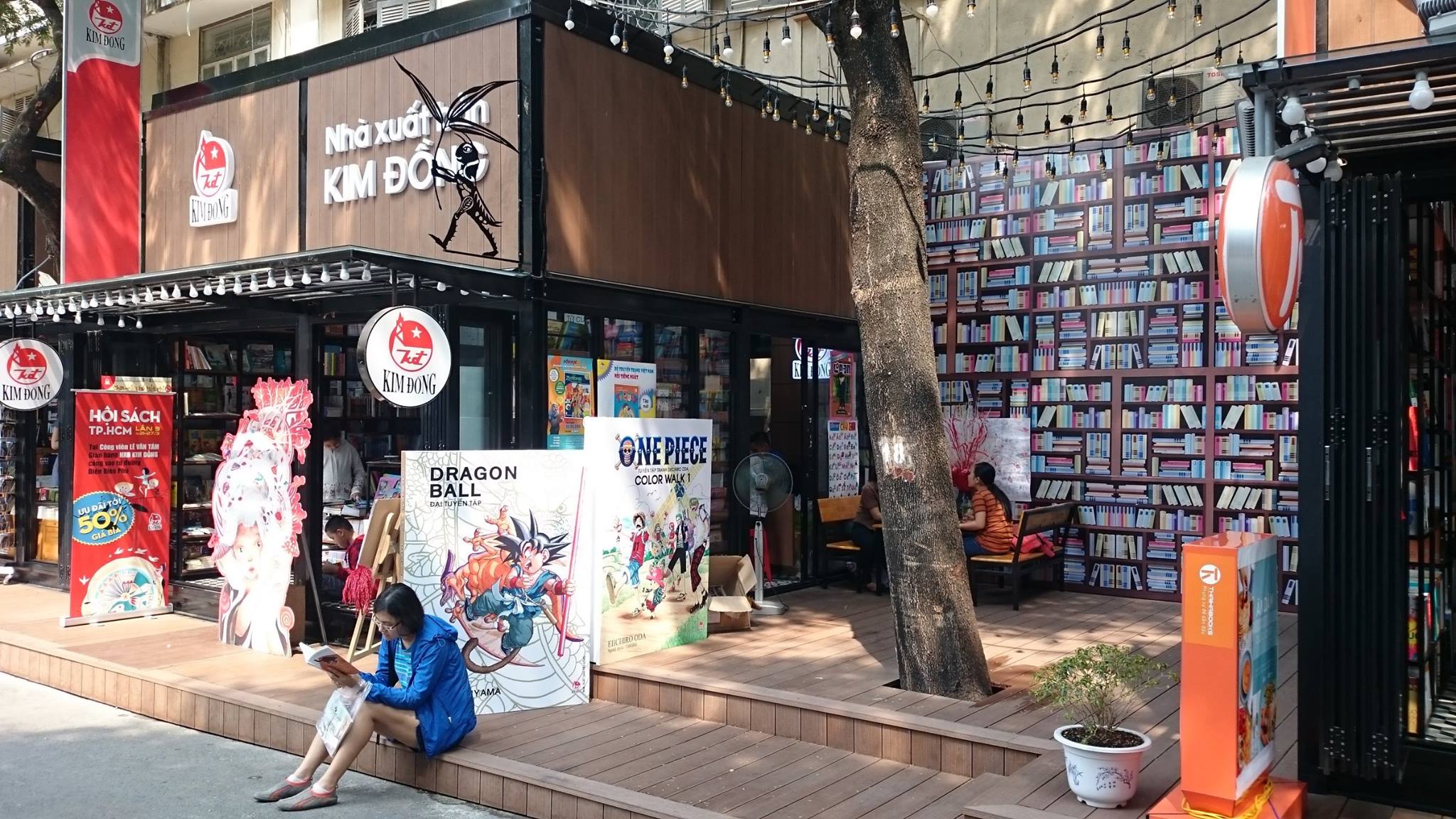
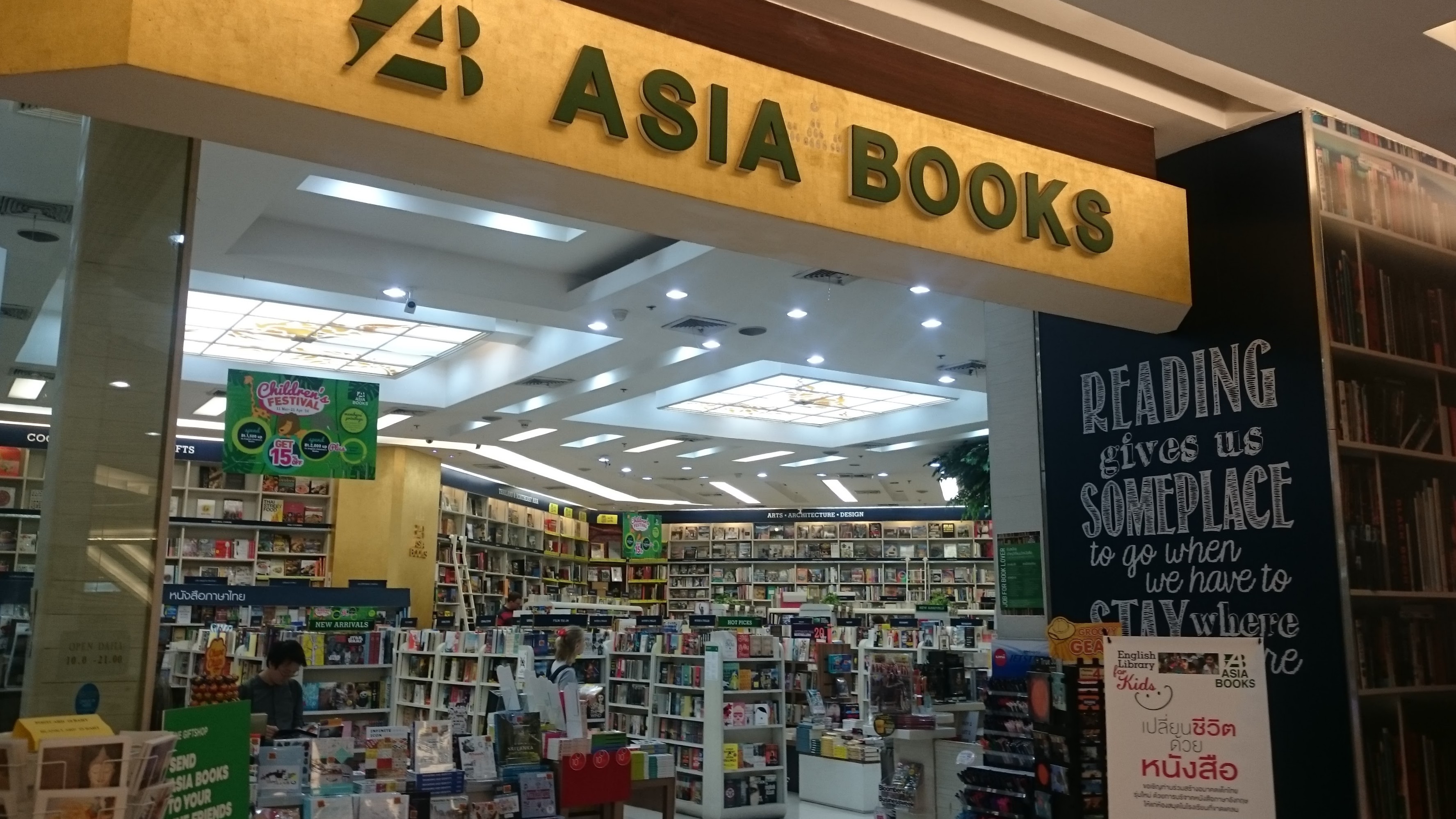
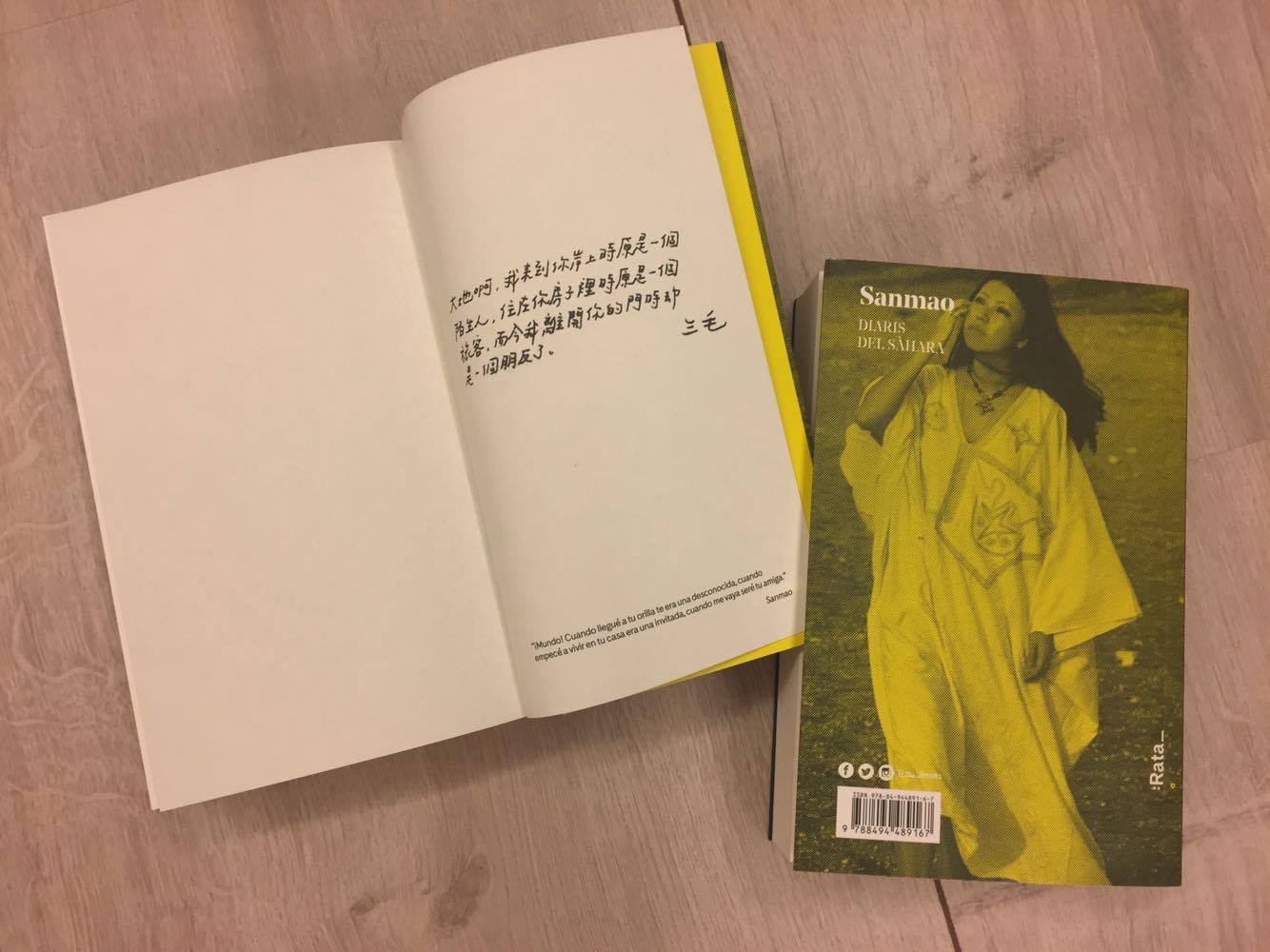
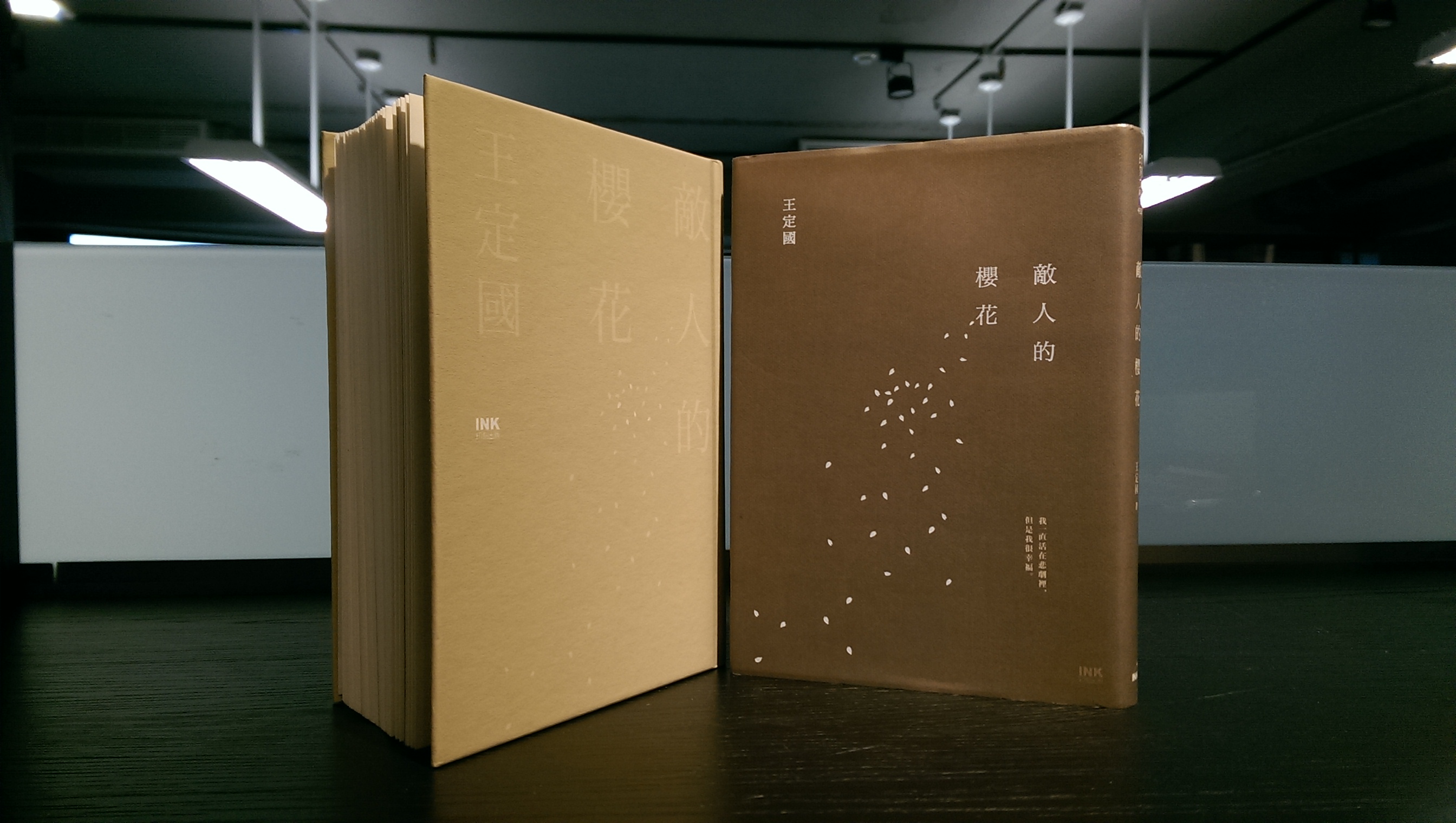
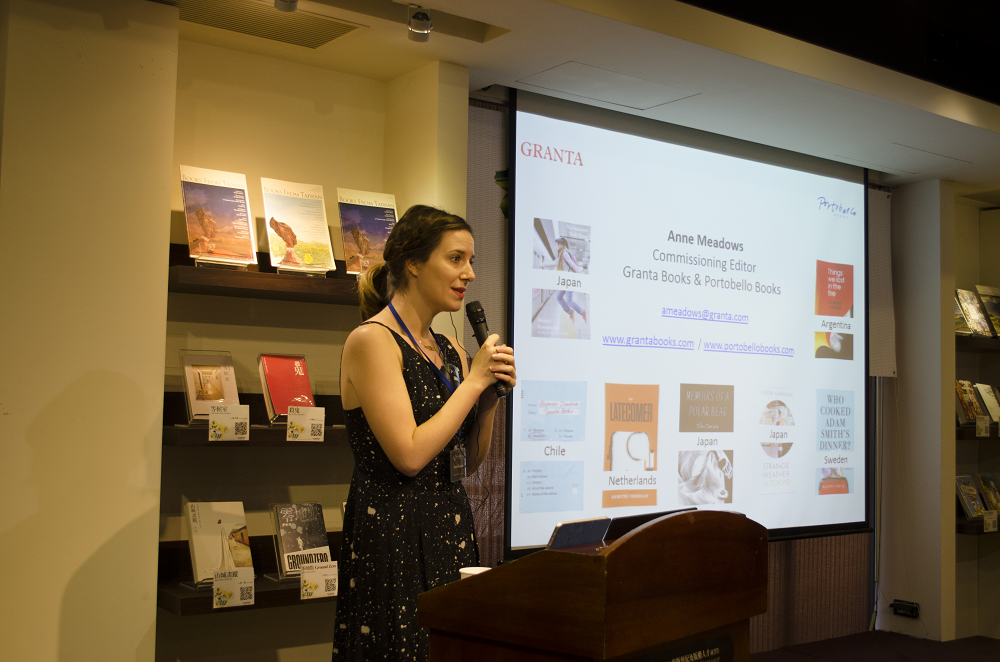
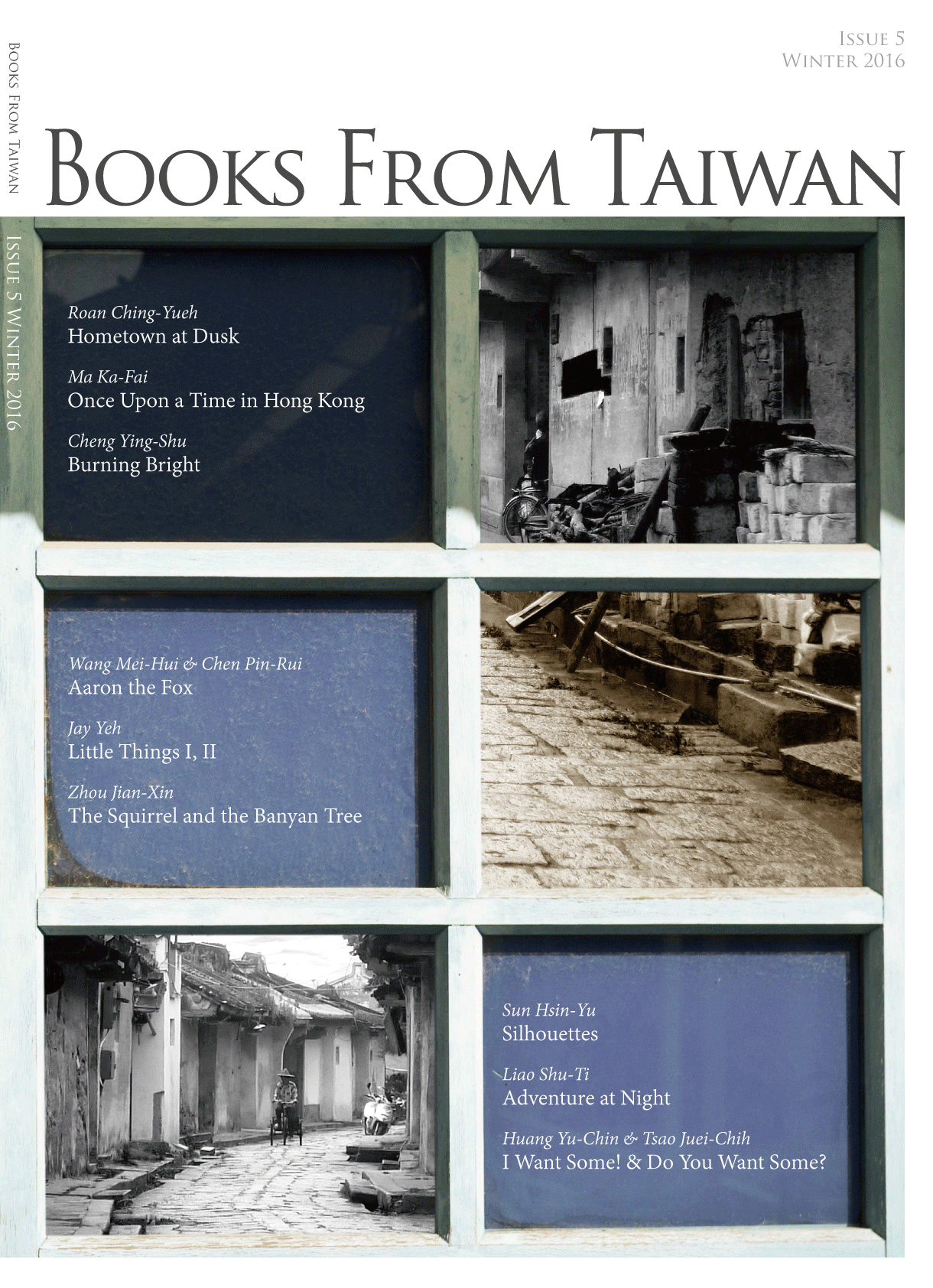

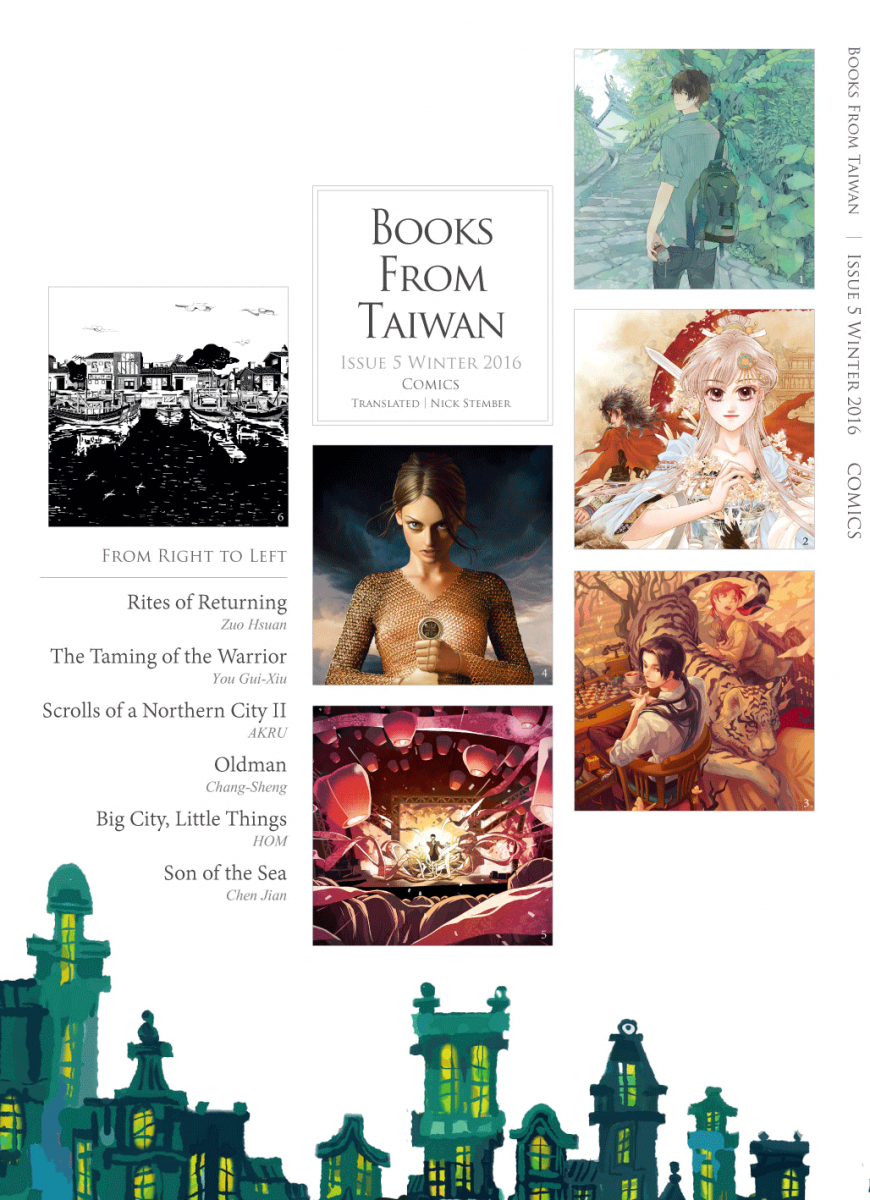
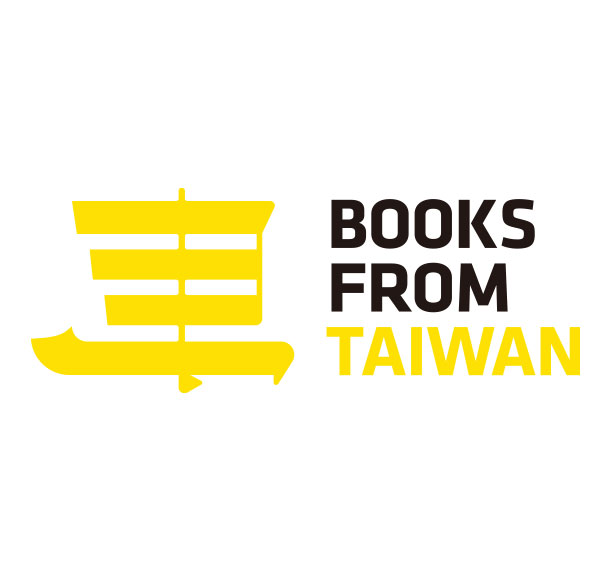
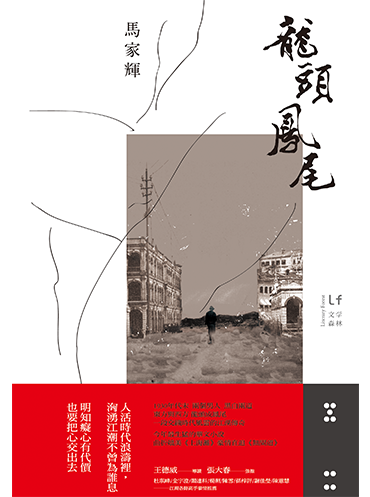
(1).png)
